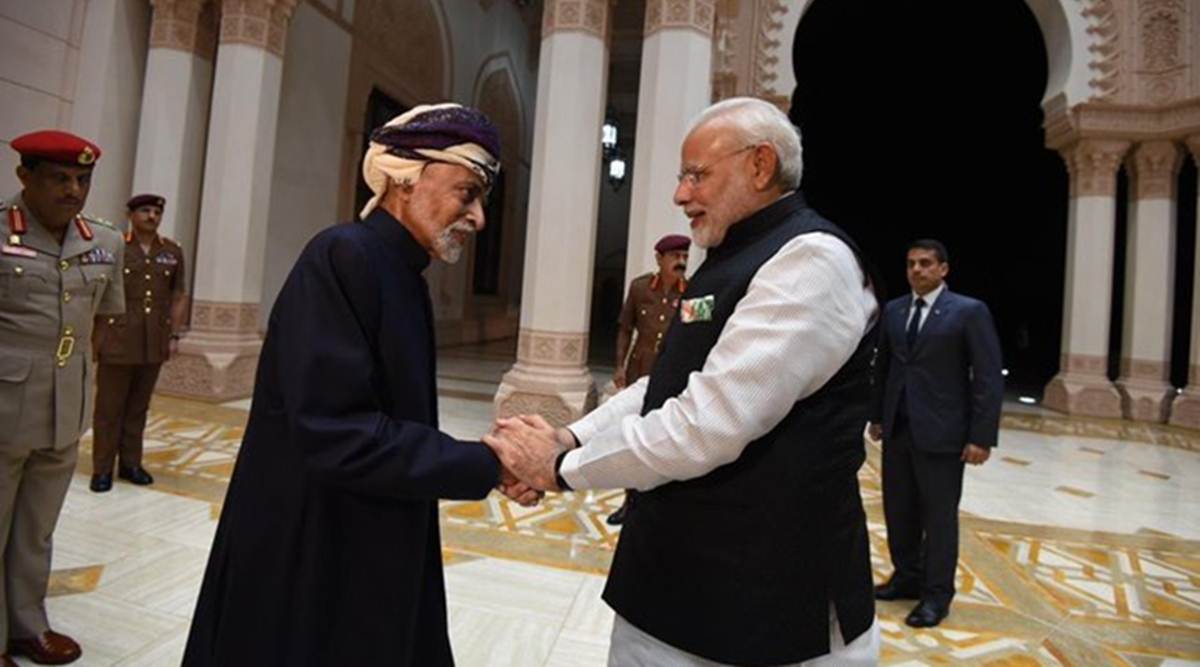Around 8 lakh Indians migrant workers could be forced to leave after the country’s parliamentary committee approved a new Expat quota bill 2020, seeking a gradual reduction in the number of foreign workers in Kuwait.
The National Assembly’s legal and legislative committee has announced that the new expat bill Kuwait is constitutional.
As per the new expat quota, bill 2020 passed, Indians should not exceed 15 percent of the Kuwait population. At present, the Indian community is the largest expat community with a population of 1.45 million. According to the new expat quota bill Kuwait, 8 lakh of the present population may have to leave the country now.

The present population of Kuwait is 4.3 million, of which Kuwait nationals are 1.3 million, and the rest are expats. The new expat quota bill Kuwait also capped the Egyptian population to 10 percent, who are the second most populated in the country.
Nearly 8.5 million Indians live and work in Gulf countries, one of the largest Indian expat communities across the world. The historical and geographical proximity with the Gulf states makes it easy for Indians migrant workers to work and live in these countries.
Migration to Gulf countries increased after the Oil boom in 1970s. As the economy expanded, being small countries with less population, Gulf initiated polices of inviting foreign workers. Indian and other South Asian countries were favoured as people in these countries readily accepted low paying jobs
According to the United Nations Department of Economic and Social Affairs (UNDESA) Migration report 2017, 28 million foreign workers stay in the Gulf countries. Of which, 16.9 million or 60 percent comprise of workers from South Asia. Indian migrants in the Gulf states stand at 31.5 percent, followed by Bangladesh at 11 percent, Pakistan at 10.8 percent, while rest are from Nepal, Sri Lanka, and Afghanistan.
Indian migrants workers received the largest share of residency visas in Kuwait in 2011. In Oman, Indians constitute 50 percent of the foreign workforce in the private sector. Saudi Arabia has the highest Indian migrant population, followed by UAE, Kuwait, Qatar, Oman, and Bahrain.

Migration from countries like India to Gulf counties is temporary, as these countries do not offer citizenship unlike western countries which do. However, workers are living in these countries for several years and expanding the pool of future migrant generations. Saudi Arabia has strict control over practicing any other religion than Islam. However, the UAE and Bahrain are more open societies with the freedom to practice other religions.
Nearly 70 percent people work as labourers or technicians in the construction sector or as domestic servants and drivers. However, in the last decade, skilled and highly skilled migration labour to these countries is increasing.
According to the New expat quota bill 2020, Indians should not exceed 15% of Kuwait’s population.
In the last four decades, migrants workers from Countries like India steadily increased the population to almost half. All six Gulf states combined have 48.1 percent population of non-nationals.
The recent fall of Oil prices and the COVID-19 pandemic triggered anti-expat rhetoric among the Gulf nationals. Lawmakers and government officials also started speaking about reducing the number of foreigners in Kuwait.
In Oman, the state asked all its state-owned companies to remove foreign nationals and replace them with Oman nationals. Similar concerns have been raised by other Gulf states as well due to the huge increase in population density.
According to the Indian embassy in Kuwait, nearly 28,000 Indians are working for the Kuwaiti government in various job roles such as nurses, engineers, in national oil companies etc. While the majority (5.23 lakh) Indians work in private sectors. 1.16 lakh people are dependents and 60,000 are Indian students studying in 23 Indian schools in the Kuwait.
The new expat quota bill Kuwait will be forwarded to the respective committee to create a comprehensive plan.

